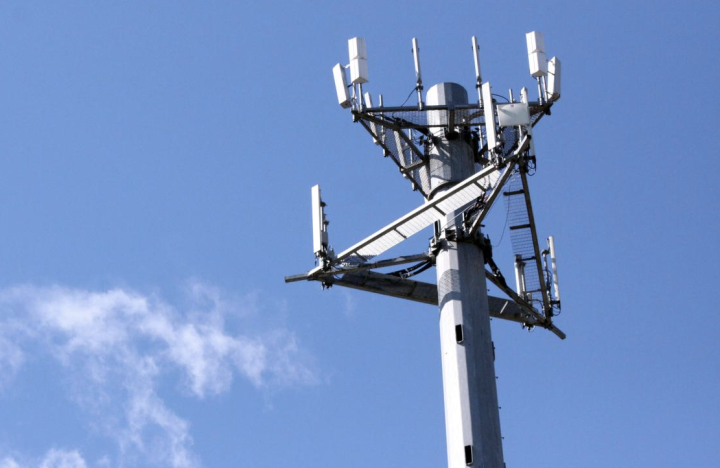
The FBI has admitted to using stringrays without warrants in the past, but both the Department of Justice and the Department of Homeland Security have instituted new policies that require warrants most of the time. Local law enforcement agencies have also come under scrutiny for stingray use.
The new Illinois law, called the Citizen Privacy Protection Act, adds Illinois to a quickly growing list of states mandating warrants, including California, Washington, Virginia, Minnesota, and Utah. In addition to requiring application to a court for permission to use a cell-tower simulator, the new Illinois law also demands “immediate deletion” of data received by the stingray unrelated to the specified target.
In Illinois a warrant application “must include a description of the nature and capabilities of the cell site simulator device to be used and the manner and method of its deployment, including whether the cell site simulator device will obtain data from non-target communications devices.”
Two privacy concerns arise from unapproved stingray use. The manner in which information obtained with a stingray is used in pursuit of criminal investigations, arrests, and prosecution of concern to the justice system can violate personal rights and also jeopardize investigations. Legal experts in 2014 cited instances in which police claimed to have information from confidential informants when it actually was obtained by stingray use. When defense attorney or judges have found out about stingray use without warrants, evidence has been thrown out as unusable.
Public privacy is also an issue. While it may seem innocuous for the police to gather cell phone data on all numbers in an area, some stingray implementations also allow listening to and recording conversations. Whether or not conversations are heard or captured, gathering information from everyone who just happens to be in an area is clearly an invasion of privacy.
Regarding the new Illinois law, the state American Civil Liberties Union organization said, “The federal government has adopted modest guidelines similar to those enacted today. If the restrictions are good enough for the FBI, they should be workable for local law enforcement in Illinois.”




